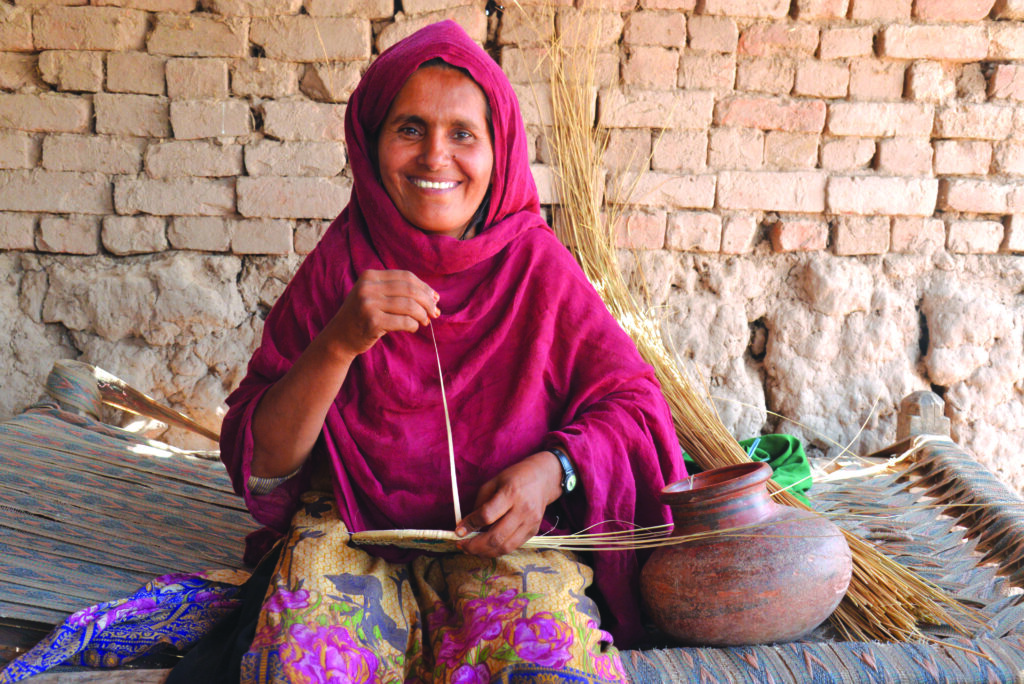
Sustainable Livelihood & Community Development
Rural Aid’s programs are in line with 2023-2027 Strategic Plan, contributing to the strategic theme-1 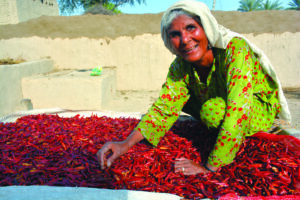 “Encourage inclusive rural growth leading to economic development and enhancement of employment opportunities” and strategic objectives “Strengthening of institutions to increase rural productivity, Increased access to markets and social safety nets, creation of employment opportunities, enterprise development and Income generation” and SDG 1 No Poverty, SDG 2 Zero Hunger, SDG 8 Decent Work and Economic Growth, SDG 16 Peace, Justice and Strong Institutions.
“Encourage inclusive rural growth leading to economic development and enhancement of employment opportunities” and strategic objectives “Strengthening of institutions to increase rural productivity, Increased access to markets and social safety nets, creation of employment opportunities, enterprise development and Income generation” and SDG 1 No Poverty, SDG 2 Zero Hunger, SDG 8 Decent Work and Economic Growth, SDG 16 Peace, Justice and Strong Institutions.
Rural Aid implementing the following programs:
- Human & Institutional Development (HID)
- Community Development Actions
- Sustainable Livelihood
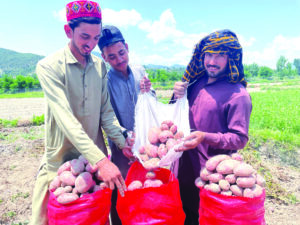
- Community based Humanitarian Initiatives
Rural Aid’s participatory integrated community development approach works through boosting active community involvement and participation in problem identification, planning, implementation, monitoring & evaluation process, advocacy, collective development actions, ownership development and empowerment. Our participatory approach helping partner communities to build strong connections with market & safety nets, enhance local socio-economic development, create more vibrant, climate friendly and resilient communities.
Rural Aid’s community mobilization approach ensures participation and inclusion of the marginalized segments, particularly women, persons with disabilities, transgenders and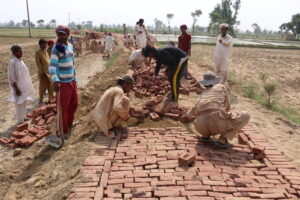
minorities in the development process. It helps them to develop effectual local level institutions to pool and mobilize their resources for improving their livelihood’s Rural Aid has established grass-root level institutions that provide a platform to the partner communities to take part in the decision that effects their lives and they can take ownership of their self-development.
Rural Aid is promoting the livelihood on sustainable basis of socially excluded and low-income communities
by building the entrepreneurial & technical capacities, provision of livelihood support and linking with service providers, markets and safety nets. Rural Aid strengthening of democratic and administrative 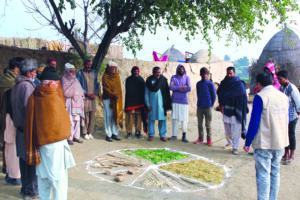 institutions focusing authorities, men and women, youth, ethnic minorities and vulnerable groups. Sustainable reduction in gender-based violence, abuse and exclusion and strengthening of institutional mechanisms ensuring access to justice and fundamental and democratic rights.
institutions focusing authorities, men and women, youth, ethnic minorities and vulnerable groups. Sustainable reduction in gender-based violence, abuse and exclusion and strengthening of institutional mechanisms ensuring access to justice and fundamental and democratic rights.
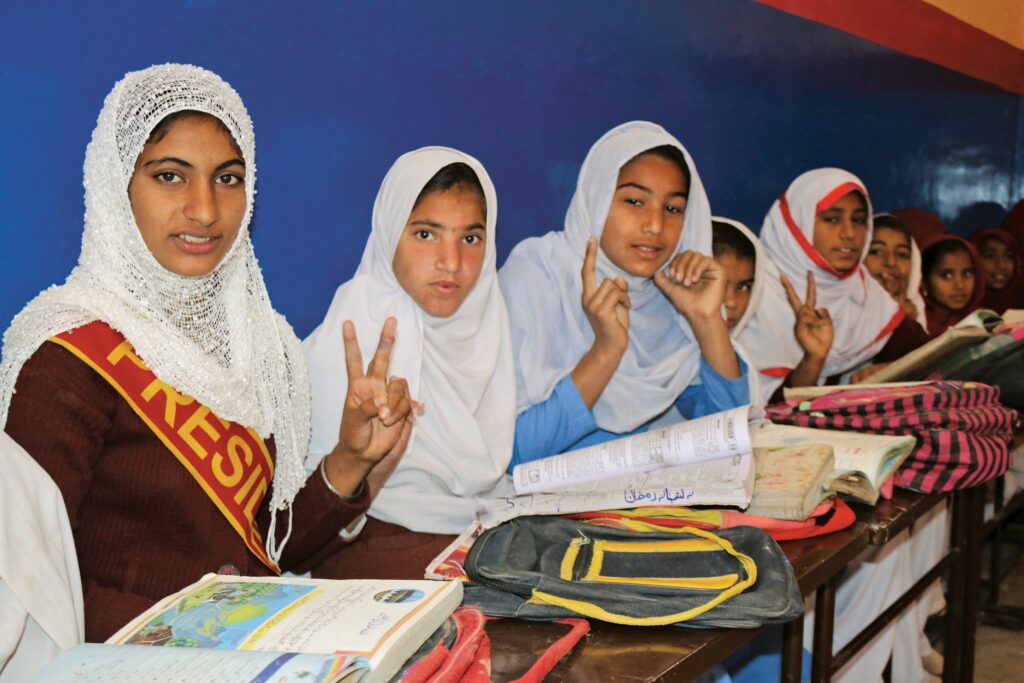
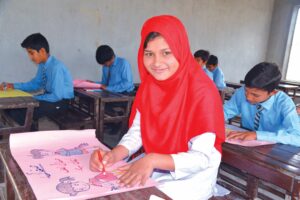
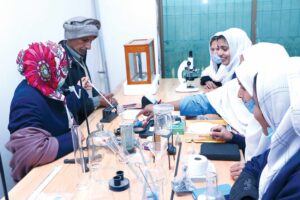
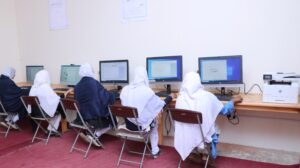
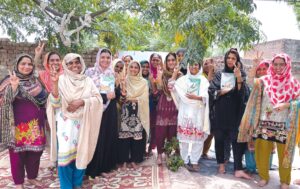
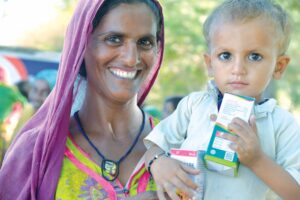
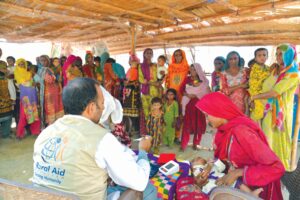 and smartphones to improve maternal health indicators in remotest rural areas. Rural Aid Pakistan is also building the capacities of health professionals and community midwives in remote rural part of Pakistan.
and smartphones to improve maternal health indicators in remotest rural areas. Rural Aid Pakistan is also building the capacities of health professionals and community midwives in remote rural part of Pakistan.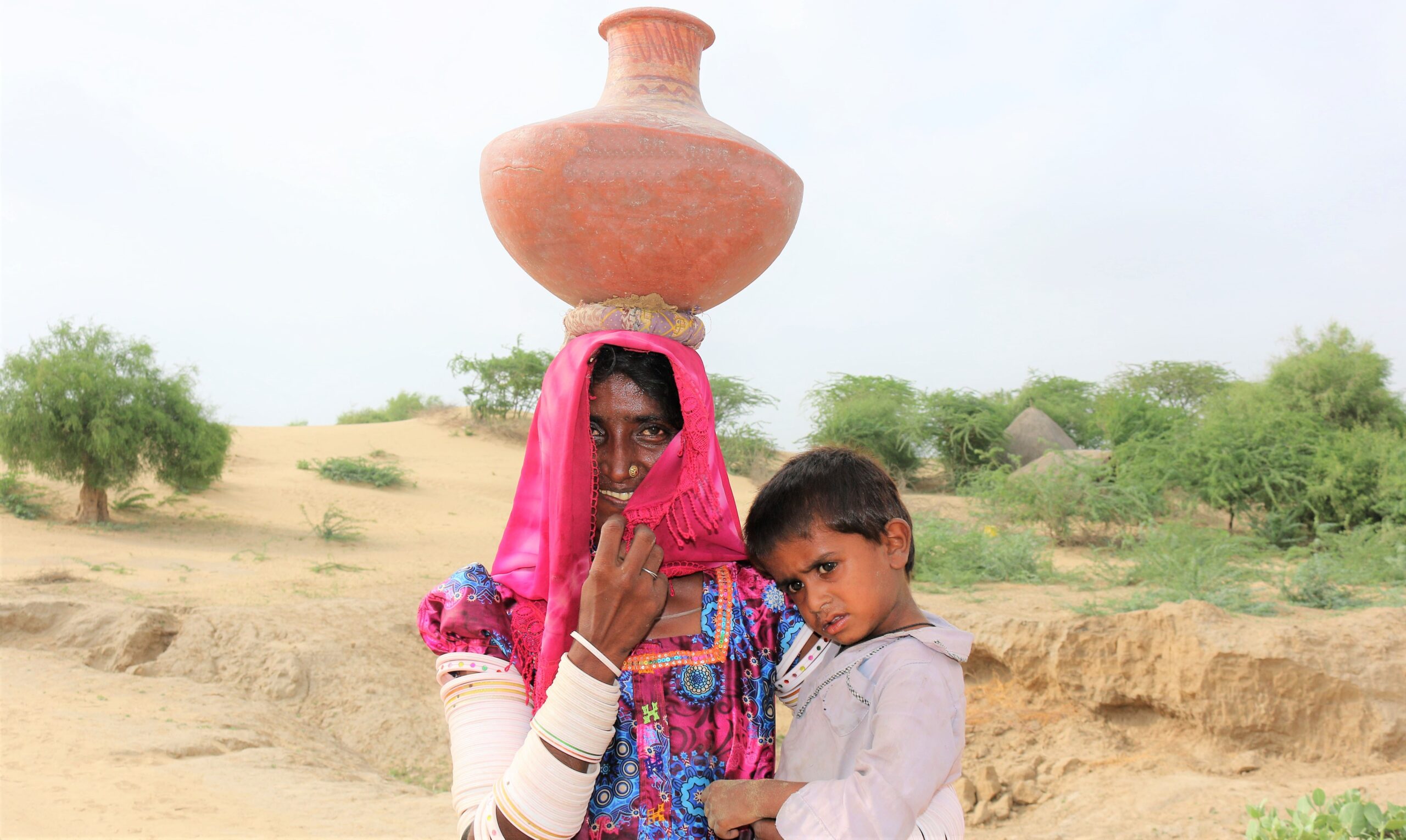
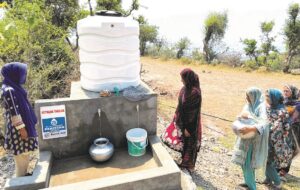 ensure water-stricken communities have adequate & sustainable access to clean water, improve knowledge, capability and skill for adoption of safer WASH practices, conservation and use of natural resources through community productive infrastructure schemes and improved water & sanitation facilities. Rural Aid is providing sustainable WASH services and ensuring open defecation free communities through affordable, appropriate technology and behavioral change.
ensure water-stricken communities have adequate & sustainable access to clean water, improve knowledge, capability and skill for adoption of safer WASH practices, conservation and use of natural resources through community productive infrastructure schemes and improved water & sanitation facilities. Rural Aid is providing sustainable WASH services and ensuring open defecation free communities through affordable, appropriate technology and behavioral change.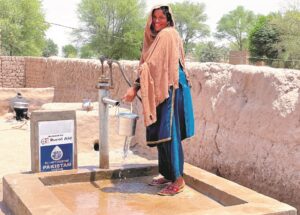
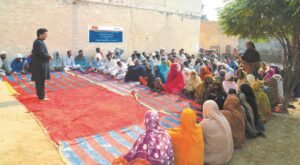
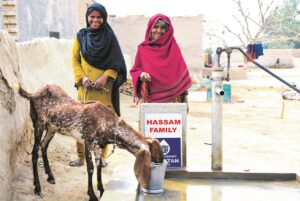
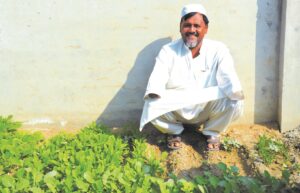
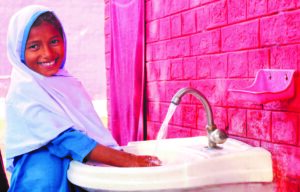
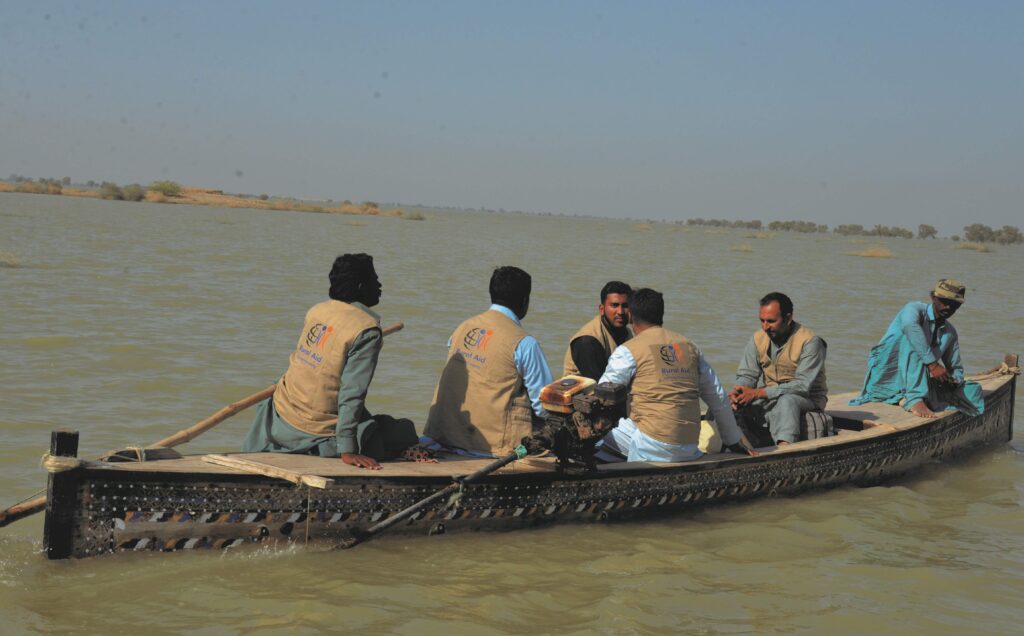
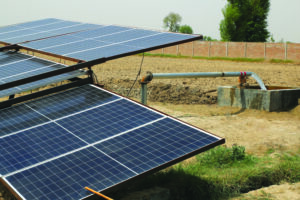
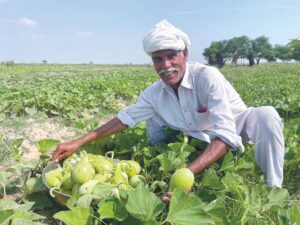
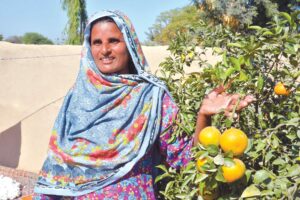
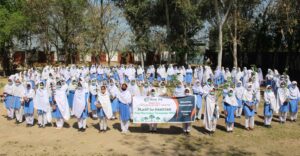
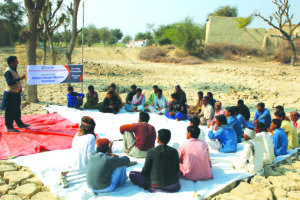
Recent Comments